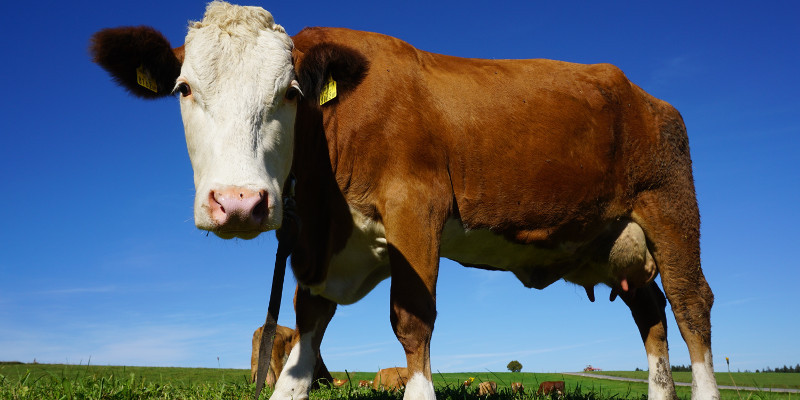Cholesterol: a review for ALL ostomates.
I was recently asked a question about cholesterol by an ostomate, and thought it a good opportunity to review it from the context of stomal surgery so that all ostomates...

Many people consult with me because they are experiencing diarrhoea or very loose bowel motions. For those who are ostomates, it is often assumed that loose output is a consequence of the stomal surgery alone. However, there may be other reasons for the loose output which, when rectified, can lead to more appropriate consistency of output which then reduces fluid and nutrient loss. One of these possible reasons is lactose intolerance.
Lactose is the sugar molecule found in milk. It is digested by the enzyme lactase that is secreted by intestinal cells. Lactase activity is highest immediately after birth so infants can digest milk appropriately, but in the majority of people lactase activity declines dramatically during childhood and adolescence to about 5 to 10 percent of the activity at birth. Only approximately 30 percent of people retain enough lactase to digest and absorb lactose efficiently throughout adulthood.
The cells that secrete lactase are found in the small intestine, and lactase deficiency may also develop when the lining of the small intestine is:
The presence of prolonged diarrhoea or malnutrition can also decline lactase levels. A decline in lactase activity can lead to poor digestion of lactose, otherwise called lactose intolerance.
If there is insufficient lactase in the small intestine to digest the amount of lactose consumed in food, then the lactose molecules pass through the small intestine into the colon. Once in the colon, these undigested lactose molecules attract water which can then cause nausea, abdominal discomfort, pain, bloating and diarrhoea that may or may not be frothy. The undigested lactose also becomes food for intestinal bacteria, which multiply and produce gas which leads to flatulence.
These symptoms usually begin between 30 minutes and two hours after consumption of lactose-containing foods, and the severity of symptoms depends on the quantity of lactose that was consumed, and how much lactase activity remains within the intestinal tract of the individual.

Dairy products have varying levels of lactose, ranging from zero lactose in some cheeses such as Parmesan, blue vein, cheddar, camembert, brie and feta up to much greater levels found in buttermilk, cow’s milk, dips made from cream cheese and both white and milk chocolate.
Therefore, if you are lactose intolerant, it is advisable to avoid large quantities of:
Generally speaking, people who are lactose intolerant can still tolerate some lactose so it is not necessary to give up all dairy foods. Usually up to 12 g of lactose per day or up to 4 g per meal can be consumed without symptoms. More than this may lead to the debilitating symptoms outlined above. However, please note that lactose intolerance is not a serious threat to health, and can be managed via dietary modification.
Ostomates may vary in the symptoms they experience as a result of lactose intolerance due to individual variability in the amount and health of intestinal tract that is remaining after stomal surgery. People who have an ileostomy may experience a more watery output as a result of lactose intolerance, whereas those with a colostomy may find that bloating and flatulence are the greatest indicator due to bacteria in the colon fermenting the lactose and producing gas.
In all cases it is possible to implement strategies to restore lactase levels so that lactose can be digested more fully and completely, thus reducing debilitating symptoms. There are supplemental strategies that can heal the intestinal lining so that it is more able to produce lactase, and also supplements that have the capacity to support lactose digestion. Treatment of Crohn’s disease may also restore lactase levels.
If you are avoiding large quantities of lactose-containing foods but still experiencing symptoms of lactose intolerance, then other possible causes may need to be explored. If you wish to do this, please contact me for a consultation.
Wishing you good health and happy days,
Margaret